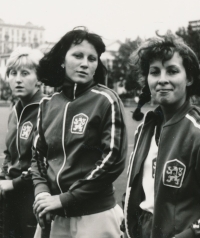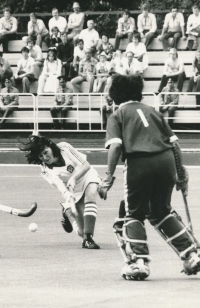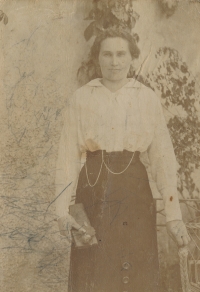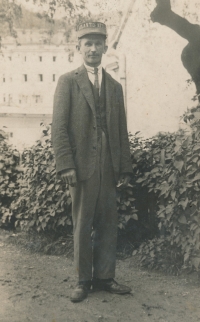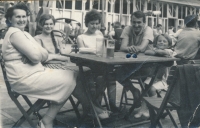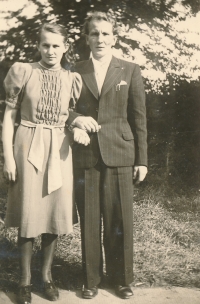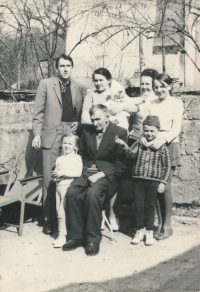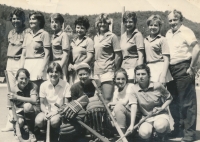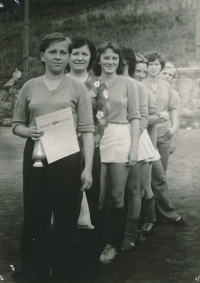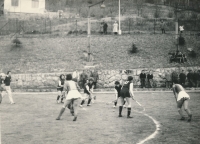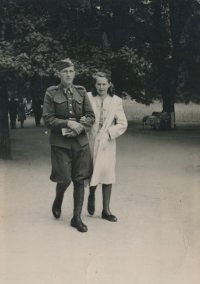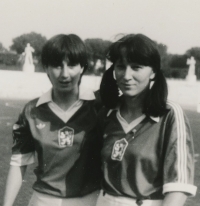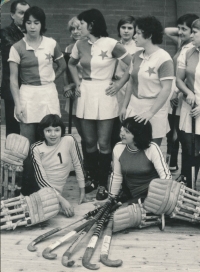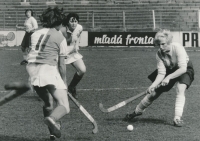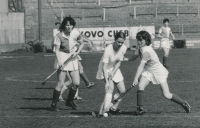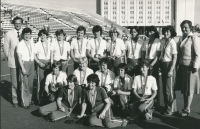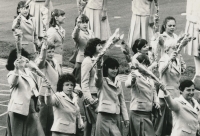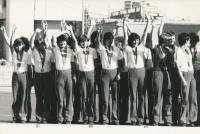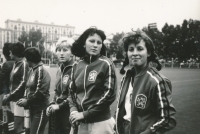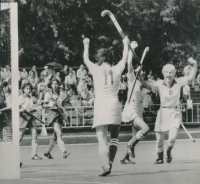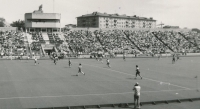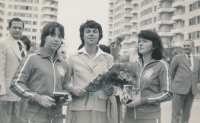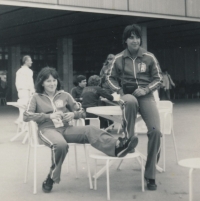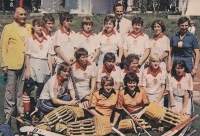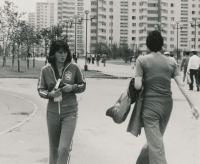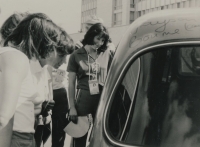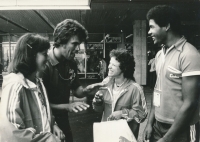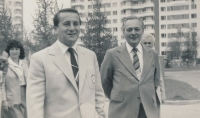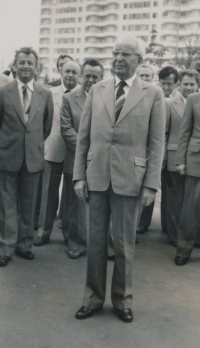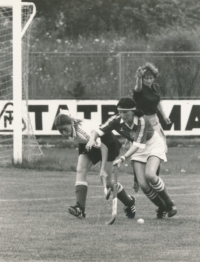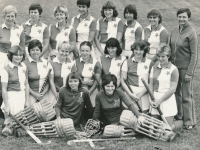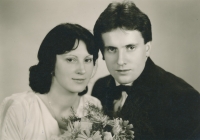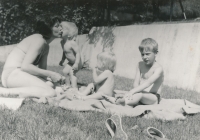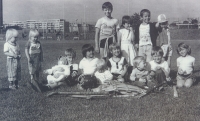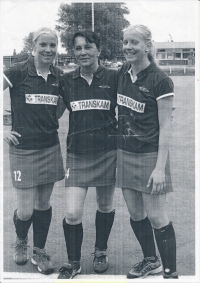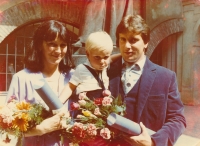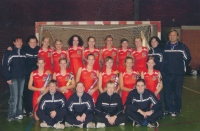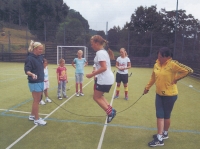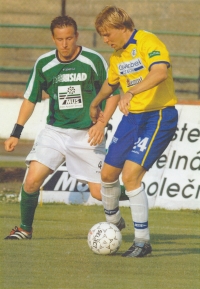She was embarrassed when she got the money for the Olympic silver
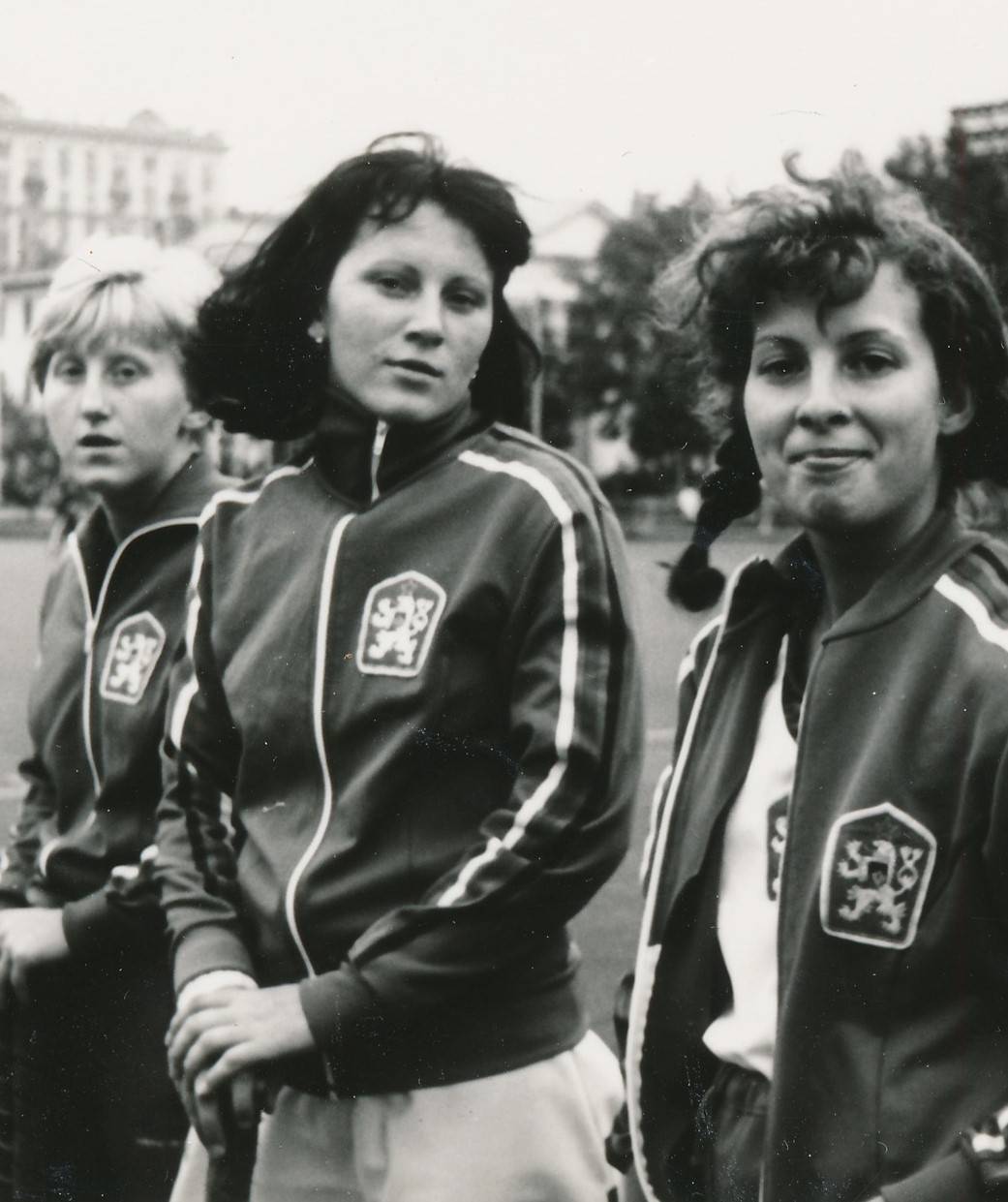
Download image
Alena Mejzlíková, née Kyselicová, was born on 14 November 1957 in Trenčianske Teplice as the youngest of three siblings. Her father worked as a teacher and her mother was a ladies’ dressmaker. Alena Mejzlíková started playing field hockey competitively at the age of twelve. She graduated from the Secondary School of Electrical Engineering in Trenčín. As a teenager she played for the women of Trenčianske Teplice in the first Czechoslovak field hockey league. She made her way to the junior and later senior national team of Czechoslovakia. After graduating from high school, she was lured by Slavia Prague to transfer to the Faculty of Physical Education and Sport at Charles University in 1977. In 1978 she participated in the World Championships in Spain, where Czechoslovakia won the ninth place. After a boycott of the 1980 Summer Olympics in Moscow, where some democratic countries did not come to protest the Soviet Union’s invasion of Afghanistan, Czechoslovak field hockey players made it to the Olympic tournament. The national team with Alena Mejzlikova in the starting line-up won silver medals there. After the Olympics, she became pregnant, married and gave birth to her son Jakub in 1981. In 1987, the Mejzlíks had twins Tereza and Adéla, later Czech national field hockey players. With Slavia Prague, Alena Mejzlíková won the national championship five times. In 1985 and 1989 she was named the best Czechoslovak field hockey player. She finished her national team career in 1993. She continued as a coach in Slavia, working her way up from the schoolgirls to the A team, with whom she was also successful on the European stage, especially in indoor field hockey. In 2023 she lived with her husband Jiří in Prague.
